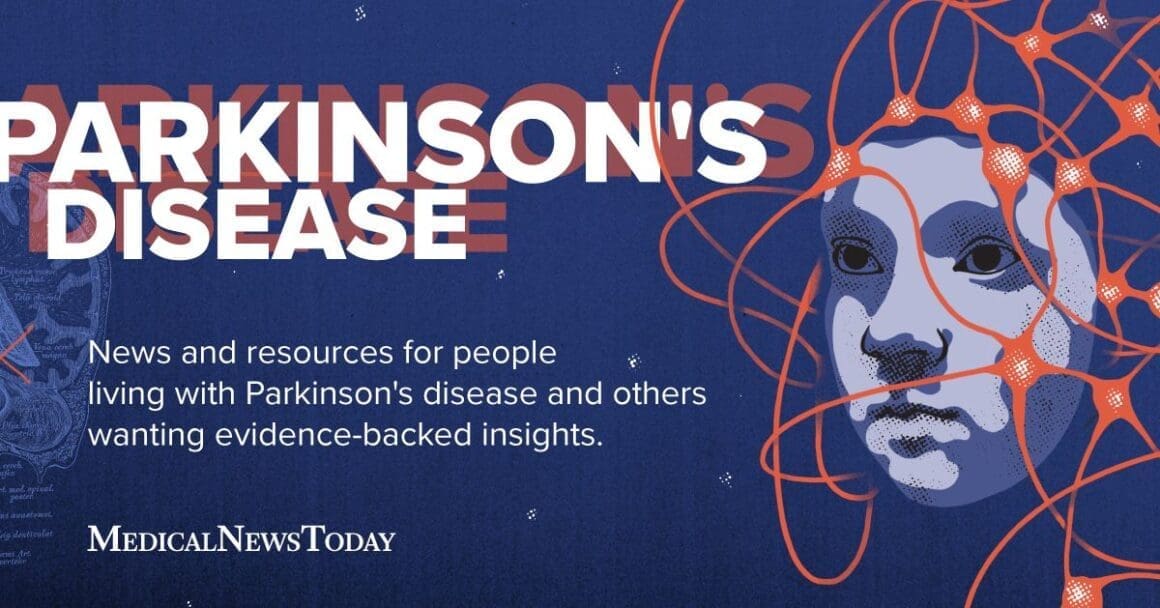Parkinson’s disease, a complex neurological disorder, presents a myriad of challenges, affecting both movement and cognition. Recent research has provided new insights into its risk factors, diagnosis, and treatment options, offering hope for those affected by this condition.
Parkinson’s disease is characterized by its impact on movement and thinking, often manifesting as tremors, stiffness, and difficulty with balance. However, early signs can be subtle and easily overlooked. Researchers emphasize the importance of recognizing these early symptoms to improve patient outcomes.
The development of Parkinson’s disease before the age of 50, known as early onset Parkinson’s, poses unique challenges. While the exact cause remains unknown, genetic and environmental factors are believed to play significant roles. Scientists continue to investigate these aspects to better understand the condition.
Recent studies suggest that certain medications for Type 2 diabetes might lower the risk of developing Parkinson’s disease and dementia. This highlights the potential for repurposing existing drugs in the fight against Parkinson’s, a promising area of research.
Another study has brought attention to the impact of damage in the gastrointestinal tract from ulcers or the use of ibuprofen. Such damage might increase the risk of Parkinson’s, urging further examination of gut health and its influence on neurological disorders.
Innovative treatments like adaptive deep brain stimulation, using artificial intelligence, have shown promise in reducing symptoms. These advancements underscore the ongoing efforts to refine therapeutic strategies for Parkinson’s disease.
The question of whether Parkinson’s inevitably leads to dementia is complex. While not all individuals with Parkinson’s develop dementia, the occurrence and severity of cognitive decline vary, necessitating individualized assessment and care strategies.
Managing Parkinson’s involves a comprehensive approach, incorporating medications, physical therapy, and lifestyle modifications. Treatments aim to alleviate symptoms and improve quality of life, though the effectiveness varies among individuals.
Ongoing research into neuroprotection seeks to halt or slow the progression of Parkinson’s. These efforts are crucial as they hold the potential to change the course of the disease, offering hope for future generations.
Despite the challenges, early recognition and appropriate management of symptoms can significantly enhance life quality for those with Parkinson’s. As research progresses, a clearer understanding and more effective interventions are anticipated.
The landscape of Parkinson’s disease research continues to evolve, with promising developments on multiple fronts. By understanding the disease’s complexities and the potential of innovative treatments, individuals affected by Parkinson’s can navigate their journey with informed optimism.
Source: MedicalNewsToday














